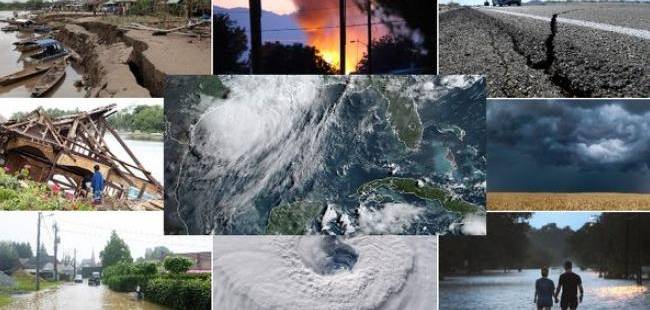
Climate change promises to be a major challenge in the management of cities. Indeed, a new report from the CDP (Carbon Disclosure Project), an NGO that publishes environmental impact data from companies, cities and states, published yesterday, May 12, 2021, reports that “400 million people are at risk of living in cities ill-prepared for climatic problems linked to the climate ”.
While climate change is making its effects felt more and more violently over the years, the task of preparing for and coping with it becomes more complex. The report shows that a large majority of cities in the world are unable to cope with these climatic upheavals due to a lack of preparation. Effective management would require being proactive and putting a plan in place. However, it would seem that out of “800 cities, 43% do not have a plan to adapt to the challenges posed by climate change” . According to CDP estimates, nearly 400 million people will live in ill-prepared cities by 2030 and who are at risk of being hit hard by new hazards such as floods, heat waves and rains. torrential, drought and air pollution.
When we know that about half of the planet's population lives in urban areas, getting in order of battle is more than ever a necessity for all the elected officials in charge of managing cities. This is what Mirjam Wolfrum, head of CDP for Europe recalls: "The urgency to act with suitable measures for the security of these citizens is worsened by the growth of the urban population".
However, if many suffer, other cities are taking the lead and trying to adapt by adopting eco-responsible measures: tree planting, identification of flood-prone areas, development of crisis management plans, increased use of renewable energies in the region. goal of decarbonizing agglomerations asphyxiated by CO². Evidence that the threat is taken more and more seriously by cities, the increasing number of participants in the annual report of CDP. There were 812 cities in 2020 against just 48 for the first study in 2011.
In addition to effective preparation, there is the problem of the cost of climate risks. Indeed, the CDP recalls that: "cities are already paying billions to face climate change and are seeing the amount increase" . However, the plans also require funding. According to the NGO, “a quarter of them say they lack the money to take action” . World Bank indicates, for its part, that: "the average annual cost of damage caused by climatic events and other disasters in cities amounted to $ 314 billion in 2015". This amount could climb to 415 billion in 2030.
Living well in cities at a time when the climate is manifesting itself more severely and poses growing threats in all sectors, is a challenge and a health emergency for the populations. The contribution of everyone, public authorities, funders and the private sector, is essential. Who the legislation, who funds, who technological innovations, these are the conditions required for a solid preparation without which the air could very quickly become unbreathable.
Posted on 2021-05-13 11:48








Comments